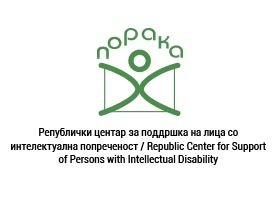The Universal Periodic Review “has great potential to promote and protect human rights in the darkest corners of the world.” – Ban Ki-moon, UN Secretary-General
The Universal Periodic Review (UPR) is a unique process which involves a review of the human rights records of all UN Member States. The UPR is a State-driven process, under the auspices of the Human Rights Council, which provides the opportunity for each State to declare what actions they have taken to improve the human rights situations in their countries and to fulfill their human rights obligations.
The UPR was created through the UN General Assembly on 15 March 2006 by resolution 60/251 which established the Human Rights Council itself. It is a cooperative process which, by October 2011, has reviewed the human rights records of all 193 UN Member States. Currently, no other universal mechanism of this kind exists. The UPR is one of the key elements of the Council which reminds States of their responsibility to fully respect and implement all human rights and fundamental freedoms. The ultimate aim of this mechanism is to improve the human rights situation in all countries and address human rights violations wherever they occur.
UPR is a State-driven process, but the civil society has many opportunities to take part and influence the UPR process. The civil sector participation can take five main forms:
- – Participate in the national consultations held by the State;
- – Send information on the human rights situation in the country, in a form of a report;
- – Lobby members of the Working Group reviewing the UPR in order to ask the questions needed to be answered;
- – Take the floor at the Human Rights Council during the adoption of the report;
- – Monitor and participate in the implementation by the State under Review of the UPR recommendations.
PORAKA is a part of a civil society organizations coalition led by ESE – Association for Emancipation, Solidarity and Equality of Women in the Republic of Macedonia, which worked on a report regarding the human rights situation of vulnerable groups in the area of health protection and health insurance. PORAKA took part in the creation of this report in regards to its target group – persons with intellectual disability and their families. The report was submitted to the Human Rights Council, according the propositions, on 24th of June 2013.



